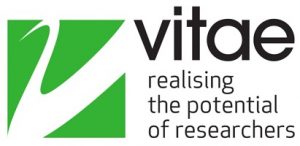 Call for mentors and mentees
Call for mentors and mentees
Do you want to enhance the career and professional development of researcher developers? Would you like to be a mentor for other researcher developers? If so, please sign up below.
Or perhaps you have identified areas you wish to develop to take your career one step further? Are you spending all your time developing others and not thinking about your own career and development needs? If so, why not sign up to be a mentee?
If you wish to be either a mentor or a mentee in Vitae’s Mentoring for Researcher Developers pilot please fill in your details by going to our sign up form: https://sumac.ac.uk/account/vitae/scheme/202
Purpose of the scheme:
- To enable researcher developers, or those with a role in developing researchers, to enhance continuing professional development opportunities, consider their careers in a broader context or focus on particular areas they would like to develop further.
Benefits for mentors, mentees, the organisation and the sector
- Mentors can share their expertise and experience with mentees to help in reviewing their individual competency levels using CFRD
- Mentors can help mentees in identifying and working on areas for development
- Increasing mentor and mentee organisation’s capacity to provide researcher development
- Enhancing the quality of researcher development provision
- Improving professionalism in researcher development
- Broadening mentor and mentee networks
- Informing individuals, organisations and the sector of training needs of researcher developers
The pilot mentoring programme will run for approximately 12 months and although it officially started in mid June 2017, the call is still active. You would be expected to be in contact for approximately 6-12 hours during the duration of the programme – times to be agreed with the pairing once a match is made.
If you have any queries about the pilot please contact Jen Reynolds at: jen.reynolds@vitae.ac.uk
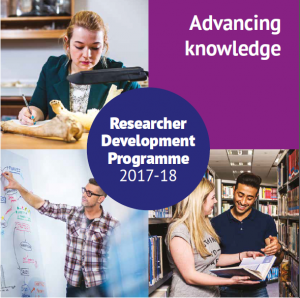
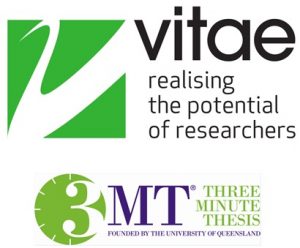
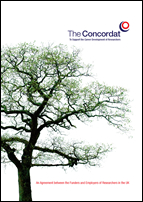
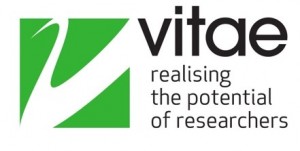







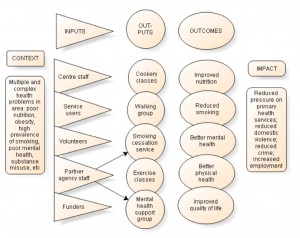





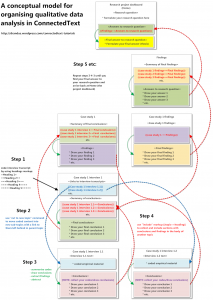












 Dr. Ashraf cited on ‘Modest Fashion’ in The Guardian
Dr. Ashraf cited on ‘Modest Fashion’ in The Guardian NIHR-funded research launches website
NIHR-funded research launches website Academics write for newspaper in Nepal
Academics write for newspaper in Nepal New paper published on disability in women & girls
New paper published on disability in women & girls MSCA Postdoctoral Fellowships 2025 Call
MSCA Postdoctoral Fellowships 2025 Call ERC Advanced Grant 2025 Webinar
ERC Advanced Grant 2025 Webinar Horizon Europe Work Programme 2025 Published
Horizon Europe Work Programme 2025 Published Horizon Europe 2025 Work Programme pre-Published
Horizon Europe 2025 Work Programme pre-Published Update on UKRO services
Update on UKRO services European research project exploring use of ‘virtual twins’ to better manage metabolic associated fatty liver disease
European research project exploring use of ‘virtual twins’ to better manage metabolic associated fatty liver disease